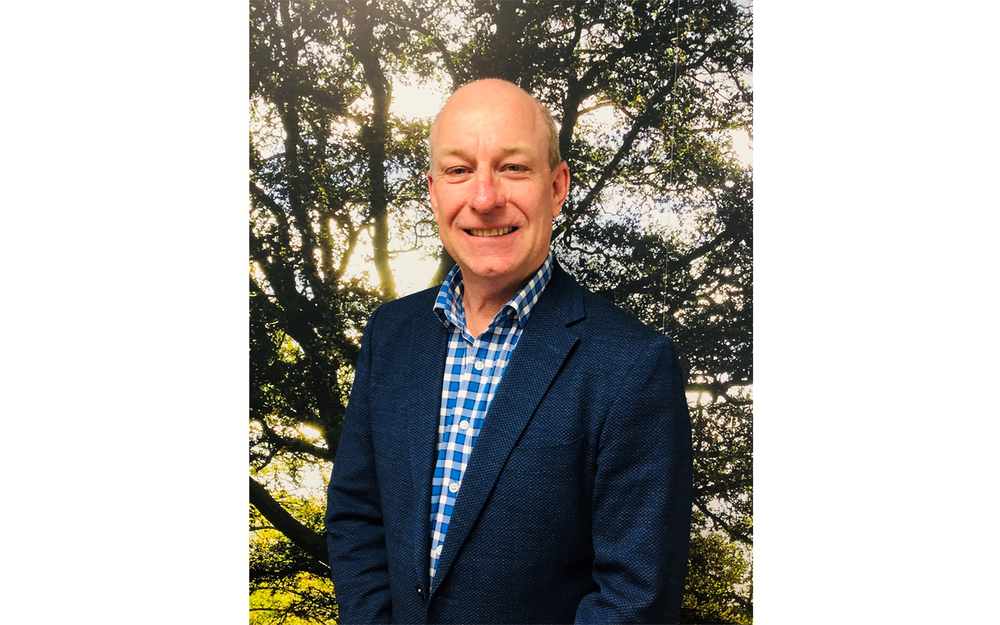Southland businesses, economy in Government's spotlight
Marjorie Cook
15 July 2020, 5:51 AM
 Prime Minister Jacinda Ardern is expected to talk with the Southland Mayoral Forum tomorrow. PHOTO: SUPPLIED
Prime Minister Jacinda Ardern is expected to talk with the Southland Mayoral Forum tomorrow. PHOTO: SUPPLIEDSouthland civic and business leaders have invited Prime Minister Jacinda Ardern and other central Government representatives to Southland to discuss economic development opportunities, following recent shocks to the region in the wake of the Tiwai Point smelter closure announcement and the Covid-19 pandemic.
Chamber of Commerce president Neil McAra confirmed to the Southland App that an itinerary was being worked up this week for the visiting Government contingent.
Regional economic development minister Shane Jones is already in the region and made a funding announcement at the Gore Library this afternoon (July 15).
Mr Jones is understood to be making another announcement in Invercargill tomorrow (July 16).
Southland Mayoral Forum chairman Tracy Hicks said a separate meeting tomorrow with Ms Ardern and other Government representatives would involve discussion around the Tiwai Point smelter closure.
“We just want to go in there and ensure there’s cooperative engagement and discussion and to be fair, that has been happening. It is an opportunity for us to progress that cooperation . . . It has been a whole week of getting our heads around the challenge,’’ Mr Hicks said.
Mr McAra said Southland business owners are still in shock from last week’s announcement that the aluminium smelter at Tiwai Point would close.
He said had been heavily involved in the Southland Mayoral Forum and Great South’s discussions about a way forward for Southland.
“There is a high level of concern and what it means for the future,’’ he said.
The Tiwai announcement last Thursday came when businesses were still feeling the economic effects of damage caused in February’s floods and the downturn in business caused by Covid-19 restrictions.
Business confidence was already waning before the Tiwai decision was known.
According to Westpac’s Regional Economic Confidence Survey, released on June 25, a net 6% of Southland householders expected their region’s economy to deteriorate further from the fallout of Covid-19.
The survey noted hits to the tourism, construction, services and meat processing industries, plus concerns about a world-wide drop in prices for aluminium, were taking their toll on business confidence.
February’s flood damage resulted in a payout of about $20 million in insurance claims, according to the Insurance Council of New Zealand.
An independent Infometrics economic report released before the Tiwai decision estimated Covid-19 will cause the loss of 5000 jobs and a 7.5% drop in Southland’s gross domestic product of approximately $6.3 billion.
The Tiwai Point smelter closure alone is expected to affect 1000 employees, and indirectly impact on 1600 other jobs, at a loss of $406 million to the Southland economy – a 6.5% drop in the regional GDP.
Mr McAra said “things were probably not so bad’’ before the Tiwai decision was announced.
“There was a feeling the Southland would weather the storm because of the strength of agriculture. But now, the wider community has concerns, especially if we start losing families [to other regions]. . . There would not be many aspects of our community that wouldn’t be impacted from that,’’ Mr McAra said.
Mr McAra said his comments about Southland’s economy needed to be in context: he was not talking about Te Anau, which he said had a completely different economy to the rest of the region, based on tourism.
The Southland App asked Mr McAra to comment on the Southland Regional Development Strategy (SORDS), which was created in 2017 to try and diversify the region’s economy.
SORDS was developed because civic and business leaders felt the Southland economy’s “three-legged stool’’ of dairying (worth about $1 billion to Southland’s economy), aluminium, and “everything else’’ needed more legs.
Mr McAra said two legs of that stool - aluminium (worth about $406 million to the Southland economy) and “everything else’’ – were now at risk.
Included in “everything else’’ were education, primary industries such as meat, wool, forestry, fishing and aquaculture.
“Everything else’’ also included tourism, which was estimated to be worth about $660 million in 2018.
One SORDS goal had been to grow tourism to a $1 billion industry by 2025. Other SORDS goals were to create more jobs in the region and grow the population of 101,200 (in 2018) by 10,000 more people by 2025.
Mr McAra said dairying was paying a forecast $6.50 per kilo of milk solids, “which looks okay’’. Wool was in a downward cycle and meat had a glitch in processing during Covid-19, but they were now catching up.
“All these sectors will continue to perform okay-ish,’’ Mr McAra said.
However, the Southern Institute of Technology would be affected by recent reforms to the vocational education sector, he said.
Commentators have pointed to aquaculture as an industry that could give hope to Southland during its annus horribilis but Mr McAra cautioned that a long-term approach was needed to take advantage of that opportunity.
“Aquaculture, we are continuing to work on that but it is a 10-year journey and not something to do overnight. We need the smelter for a period of time while aquaculture can be fully developed and up and running,’’ he said.
Infometrics senior economist Nick Brunsdon said Southland would have “an incredibly hard shock in the short term’’ and aquaculture was Southland’s “best hope’’ over the long term.
“The pillars of tourism and aluminium have been knocked,’’ he said.
Southland did have a diverse economic foundation that would allow it to weather the storm but Southland did not have capacity to grow primary industries or dairying too much further because it would begin to push on environmental limits, Mr Brunsdon said.
Mr Brunsdon said many Southland workers had benefitted from Queenstown’s tourism-centric economy and labour market, because the jobs were within driving distance.
“With Queenstown gone, there are not many other opportunities within driving distance,’’ Mr Brunsdon said.
When borders reopened and international tourism returned, it could bring a completely different, higher value traveller – and there might be fewer of them, Mr Brunsdon said.
“It was bursting at the seams before . . . It might not be the income generator people expect,’’ Mr Brunsdon said.
“Southland has a really big challenge. There are no easy options. There are no jobs around the corner or down the road to pick up. But Southland has a higher profile now than in the past . . . It is in the best possible state to take the hit,’’ Mr Brunsdon said.

Great South chief executive Graham Budd has been focusing this week on options to retain the smelter. PHOTO: Supplied
Great South chief executive Graham Budd and his team have been busy this week focusing on options to retain the smelter and the jobs associated with it within the region.
Responding to questions from the Southland App, Mr Budd said while the SORDS goals were at risk, the pillars they had been built on were “as relevant as ever’’.
There was work to be done “identifying opportunities to build diversification and resilience in the regional economy and working collaboratively to ensure the region can continue to address the three main challenges of more people, more social and economic diversity and more growth,” Mr Budd said.
“Despite the shock announcement that Tiwai will wind down operations, the commitment across the region to fight for Southland’s future remains as strong as ever with Great South continuing to be proactive in amplifying Southland’s voice, identifying opportunities for economic diversification and championing key projects and industries which are critical to the region’s future success,” he said.



